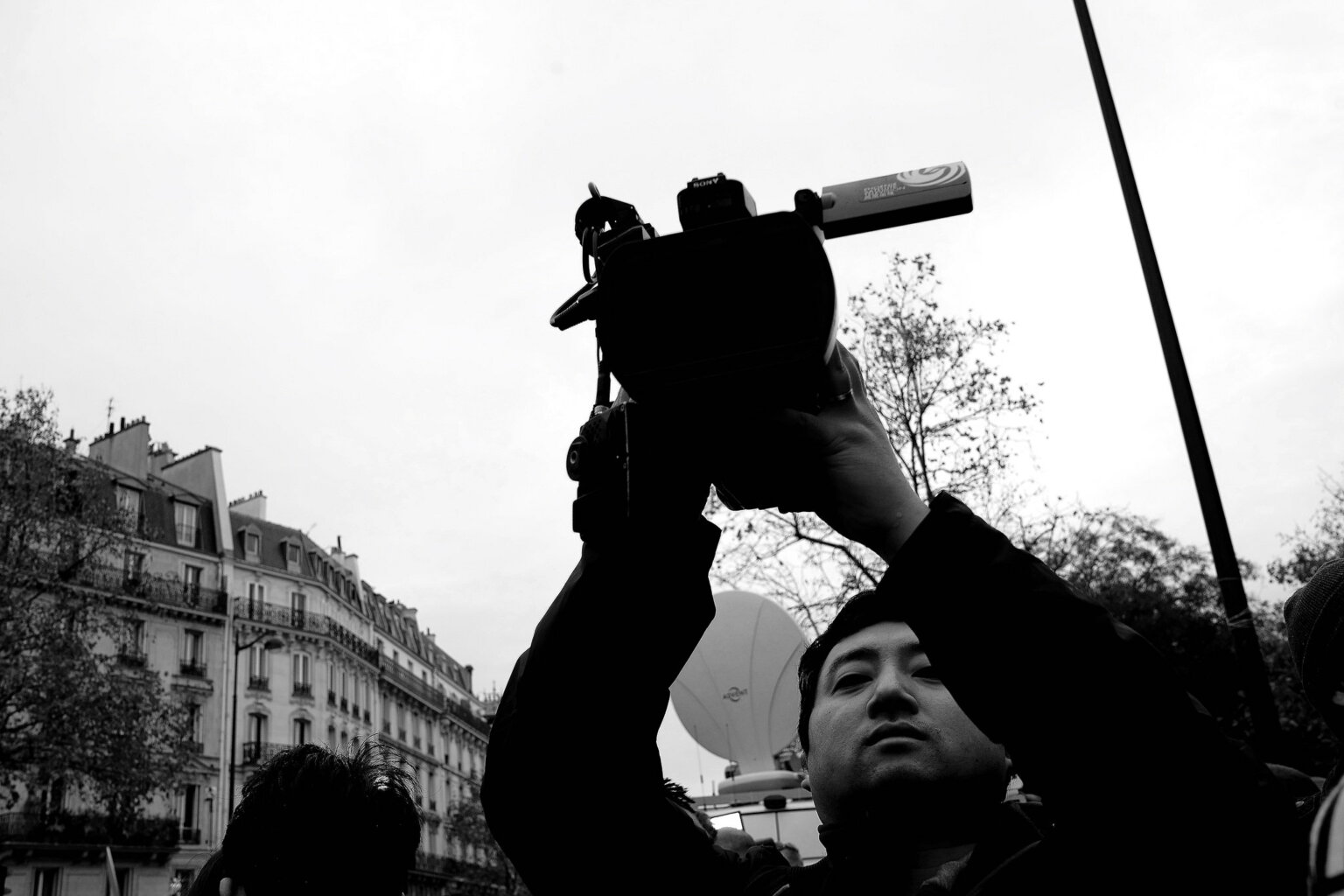- About
- Topics
- Picks
- Audio
- Story
- In-Depth
- Opinion
- News
- Donate
- Signup for our newsletterOur Editors' Best Picks.Send
Read, Debate: Engage.
| topic: | Freedom of Expression |
|---|---|
| located: | Afghanistan |
| editor: | Shadi Khan Saif |
By storming the offices of a leading media organisation and dragging its senior journalists out for a disrespectful questioning session with an armed Taliban commander, the group's so-called Islamic Emirate rule in Afghanistan has crushed the little remaining hopes for accountability and peoples' say about their government.
Free and independent media is fundamentally meant to criticise and hold rulers accountable in front of the sovereign public that they rule. Forcing or expecting the media to just praise the rulers or remain silent in the wake of any wrongdoings simply eliminates the purpose of its existence.
Similarly, the moves to silence the media amounts to no less than a cruel authoritarian rule aimed at oppressing its people. This is something the Taliban - which claims to have evolved from an armed insurgent group to a ruling power in control of an entire country - must realise and acknowledge soon if it wants to earn any international recognition, respect and legitimacy.
Last week, after the Tolo News announced the report by the Taliban's ‘Ministry of Enjoining the Good and Forbidding the Evil’ which banned foreign drama serials, the security forces of the so-called Islamic Emirate entered the TV station and abducted three of its employees, the news chief Khaplwak Safi, news anchor Bahram Aman and Abdullah Nafe, the head of the media’s legal department.
The Taliban needs to give up its efforts to control the media as it is an institution embedded in the fundamental right of access to information.
The last thing that war-ravaged Afghanistan needs is a silenced local media that does not report and highlight the sufferings of the millions of Afghans to the outer world while it faces fading international attention and shrinking foreign aid.
It is the grass-roots media and the brave local journalists that are keeping the story of Afghanistan relevant on the world stage after the world abandoned the country back in August. They are holding the mirror not just to the Taliban authorities inside the country, but projecting the needs and giving voices to the women and children that would otherwise silently suffer in the dark had there been no media and no reporting.
Since the Taliban's rise to power in Afghanistan, according to a survey conducted by the National Union of Journalists, only up to 30 percent of the media continues to operate in the country while 70 percent of the previously active press offices have ceased operations. As a result, the National Union of Journalists estimates that only 33 percent of journalists are active in the country and the remaining 67 percent have lost their jobs.
In this digital age of rapid spread of news, Afghan journalists would not be opposed to fact-checking or regulation, but not an absolute and unlimited censorship when all of their reports have to go through the armed commanders’ lens, no!
The international community needs to link any dealings with the Taliban in Afghanistan with the revitalisation of the access to information commission and concrete pledges to respect the freedom of the press.
Though the Tolo journalists were later freed after a brief custody with the security forces, the humiliation and fear it caused dealt a deadly blow to the confidence of media workers - who have all the right to hold the rulers accountable since they speak on behalf of the people.
Photo by Bank Phrom

